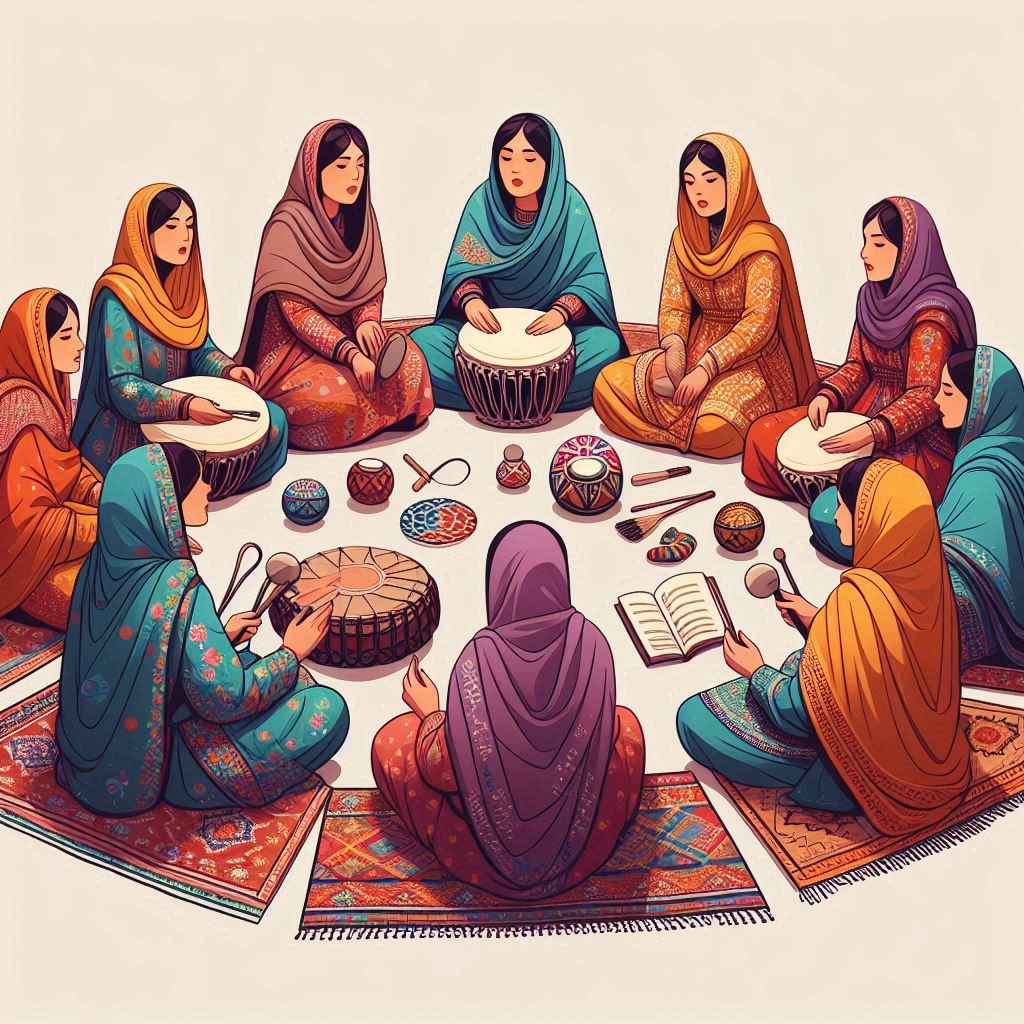Afghanistan women’s rights shroud under Taliban’s dystopian with new law banning female voices

|
Getting your Trinity Audio player ready...
|
In another devastating plunge into women’s oppression, the Taliban government of Afghanistan has banned women from singing or reading in public, amongst other oppressive orders. The new laws were published on Wednesday, August 21, 2024, under the Taliban’s Propagation of Virtue and the Prevention of Vice ministry, set up in 2021, when the group of male religious extremists took charge of the country’s affairs. The group’s supreme leader, Hibatullah Akhundzada, approved them.
“A woman’s voice is deemed intimate, and so should not be heard singing, reciting, or reading aloud in public,” the law states in Article 13 of the 34-article document, seen by The Associated Press.
The law goes on to address other parts of women’s dealing in public.
“It is mandatory for a woman to veil her body at all times in public and that a face covering is essential to avoid temptation and tempting others. Clothing should not be thin, tight or short.” The Taliban-led government states, “Women are also obliged to cover themselves in front of non-Muslim males and females to avoid being corrupted.”
In addition: “It is forbidden for women to look at men they are not related to by blood or marriage and vice versa.” Violators of the new social order are at risk of warnings or arrests.
The oppressive Taliban laws are not only an attempt at pathologising women’s sexuality but also to hold them responsible for whatever external, pathological outcome that may result from any interaction, remotely or otherwise, with their sexuality and being, by extension. The laws further render women an attaché to men’s existence, only to operate in private space, as it prohibited the transportation of women without a male companion.
However, Maulvi Abdul Ghafar Farooq, spokesperson of the Taliban’s ministry tasked with enforcing the law, said, “Inshallah, we assure you that this Islamic law will be of great help in the promotion of virtue and the elimination of vice.”
Controversy and condemnation have since trailed the announcement of the new laws, specifically ones banning women’s voices. The United Nations (UN) has described them as festering “gender-based apartheid.”
Roza Otunbayeva, head of the country’s UN Mission, regarded the laws as a “distressing vision” for Afghanistan’s future. The European Union (EU) also released a statement condemning the Taliban’s law designed to make women neither seen nor heard literally.
“This latest decision is another serious blow undermining the rights of Afghan women and girls, which we cannot tolerate. We urge the Taliban to put an end to these systematic and systemic abuses against Afghan women and girls, which may amount to gender persecution, which is a crime against humanity under the Rome Statute of the International Criminal Court, to which Afghanistan is a State Party.” parts of the EU statement reads.
Still, the Taliban has conclusively dismissed these raised concerns as “arrogant.”
“We urge a thorough understanding of these laws and a respectful acknowledgement of Islamic values. To reject these laws without such understanding is, in our view, an expression of arrogance,” Zabihullah Mujahid, a spokesperson of the Taliban group, said.
Islam, with its guiding religious book, The Quran, has many misogynistic text which gives leeway for men to use as justification for women’s oppression. Surah Al-Ahzab – 32 of “The Holy Book” states:
“O wives of the Prophet, you are not like anyone among women. If you fear Allah, then do not be soft in speech [to men], lest he in whose heart is disease should covet, but speak with appropriate speech.”
However, Afghanistan women have not been silent. They’ve rebelled against their country’s ban on “the sound of a female voice beyond the walls of their home.”
They took to social media to share clips of themselves singing melodiously and uttering words of resistance from their living rooms and on the streets. Women of Afghan and non-Afghan nationality outside the country have also joined in solidarity.
“You have placed the stamp of silence on my mouth until further notice. You have imprisoned me inside my house for the crime of being a woman,” one Aghan woman’s lyrics read.






